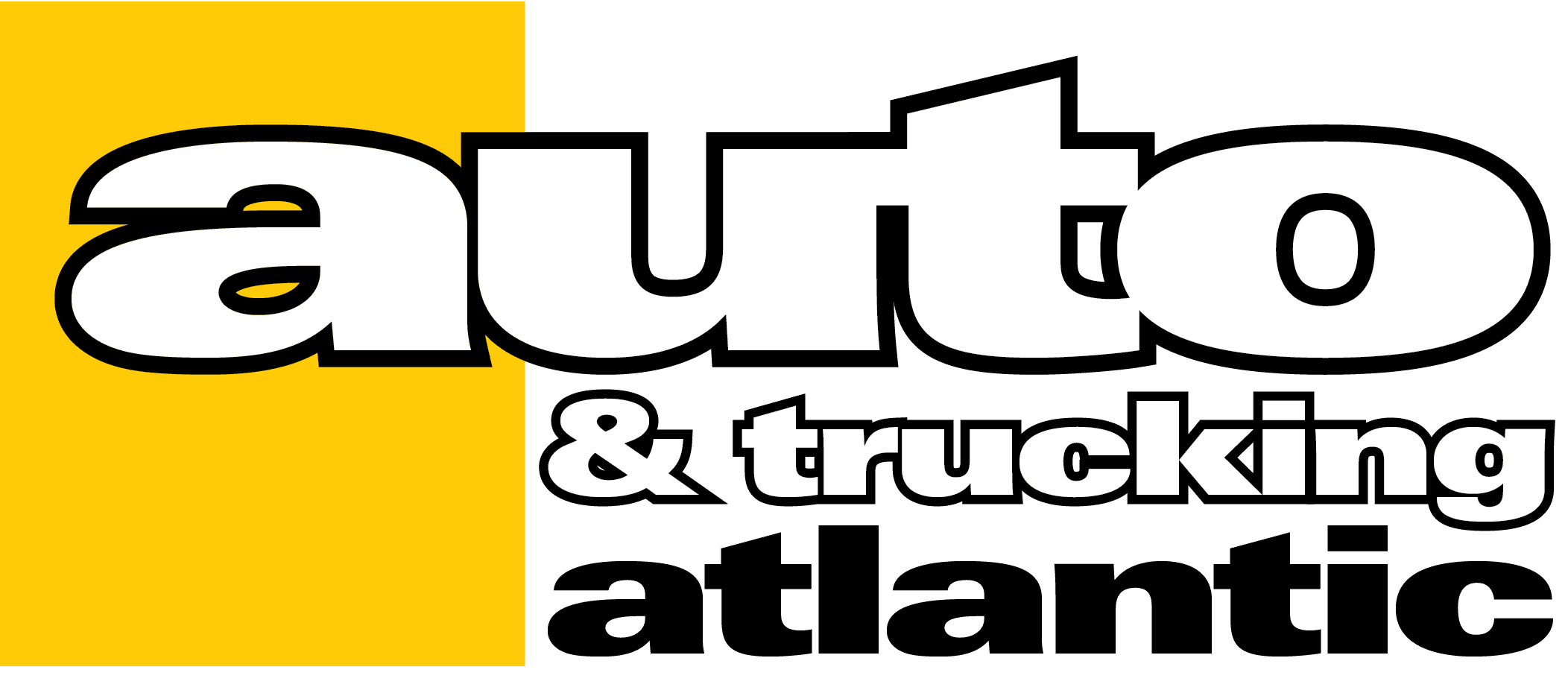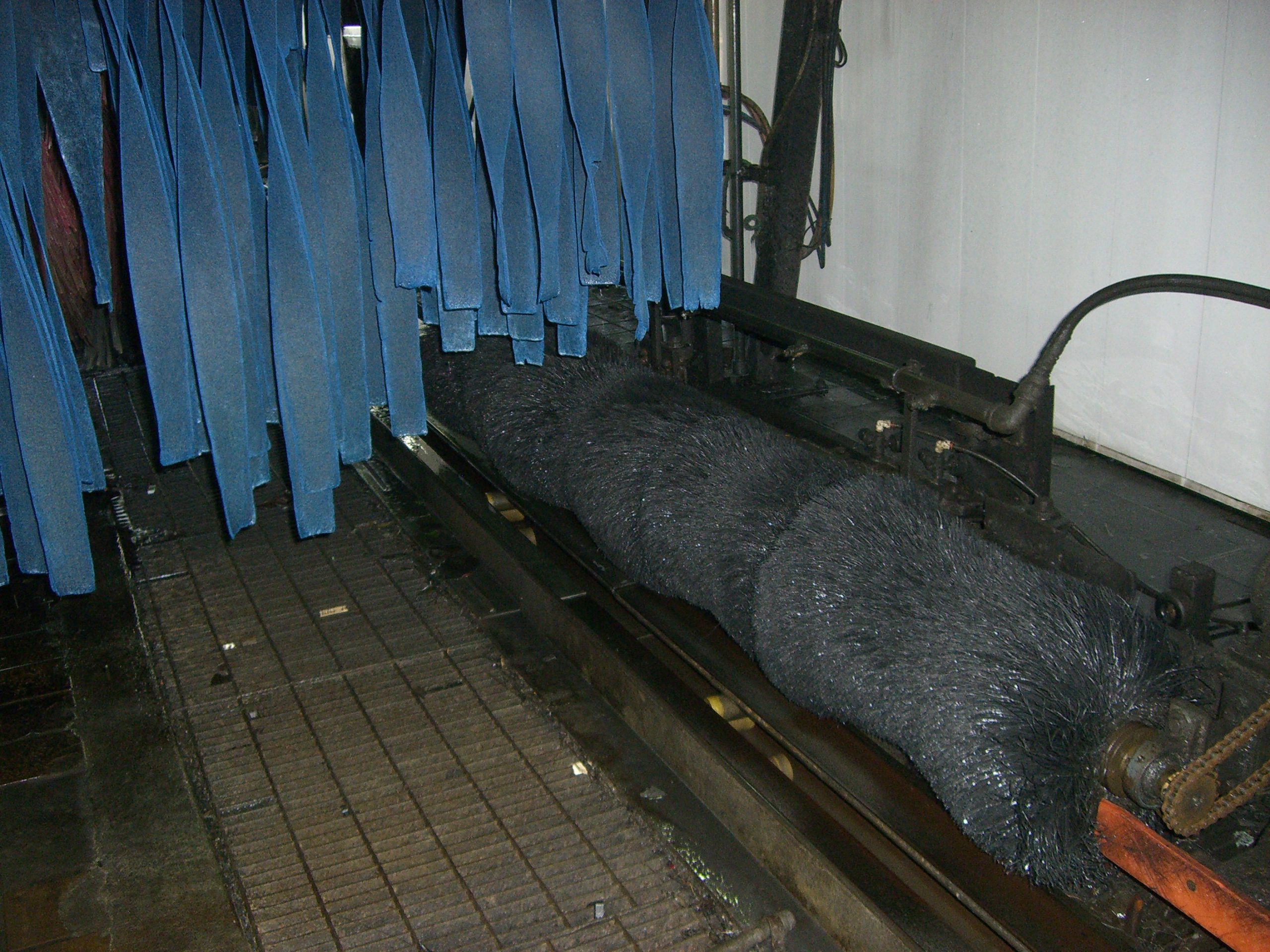Brush selection plays a critical role in enhancing cleaning, profitability, and improving social media reviews
By Convenience and Carwash News
Whether you own or operate a self-serve wash, conveyor wash, flex wash, or full-service wash, your choice of brushes can attract or drive away business.

Choosing a sub-par brush that fails to clean properly – or that rubs in grit, dings or scratches a vehicle – can prompt customers to express their displeasure on social media platforms, complete with photos or video.
Fortunately, with proper brush selection and other best practice cleaning techniques, carwashes can increase the number repeat customers and improve word-of-mouth. These same customers may even end up praising your operation’s quality service and attention to detail on social media platforms that drive business to you.
To examine how brush selection can enhance an operation’s cleaning, profitability, and social media reviews, we spoke with Dan Pecora, an expert on carwash supplies and owner of Erie Brush (www. eriebrush.com), a Chicago, IL based manufacturer of carwash brushes and detailing supplies since 1948.
Q: Why should I care about social media reviews?
A: In today’s world, where people search out customer satisfaction reviews before they buy online, chose where to eat, or try out a new business, social media can make or break a carwash operation. Bad reviews are like repellents that keep customers from ever stepping foot in your establishment. On the flip side, there is nothing quite like glowing social media reviews to get the word out and elevate your business’s reputation. When customers offer their positive real-world experiences with your carwash, it can inspire others to try it out as well.
Q: What role does selecting brushes have in improving my business?
A: For carwashes, the best way to show customers you care about their car washing experience is by installing high quality equipment, and brushes play an essential role because they are in direct contact with vehicles. This demonstrates you are going the extra mile to ensure their car is properly cleaned and safe from any damage.
Q: What difference can a poor-quality versus a high-quality brush make to my operation?
A: A poor quality brush can do a poor cleaning job from the first wash. It can have the wrong filaments, be too hard or soft, or the backing can be wrong, allowing the material to pull out. Poorly constructed brushes may also prematurely tear, rip or fail.
On the other hand, a quality brush starts with quality filaments, laid in correctly at the right angle, so that it is neither too hard nor too soft for the job. A welldesigned brush will consistently wash vehicles well over time. Each brush must also provide enough friction to dislodge dirt from the vehicle’s surface, without damaging the paint or trim.
No matter the type of brush or cloth, it should stand up to the rigors of car washing for a long time to minimize replacement costs. A good brush can last many years before needing to be replaced, which saves money in the long run.
Conferring with the carwash supply manufacturer can help you tailor your materials to the job, provided their focus is on the carwash industry and not something unrelated, like construction or scrubbing steel.
Q: What types of brushes are best for removing grit?
A: Gritty road debris, such as small sand particles, often stick to car surfaces due to adhesion, particularly when adhered with dirt or oil. Grit can act like sandpaper, rubbing against the automotive paint jobs that carwash owners are trying to clean and shine.
Since sand is many times harder than the paint surface, it can mar the surface of paint jobs if left in place.
Although express and full-service washes can do a good job removing grit with filament, cloth or foam brushes, it is important that these provide a soft touch. The softer the brush filament used, the easier it is to release grit. Tough cloth or foam might last a long time, but won’t clean the car’s nooks and crannies. Soft cloth or gentle foam, when utilized correctly, is gentler on paint and will clean hard-to-reach areas.
For self-serve foam brushes, providing more foam for lubrication can also minimize the grit problem. A continuous flow of soap foam will help to cleanse grit and dirt from the brush head to provide a better cleaning. Some brushes like Erie’s FoamMaster offer six foam holes on a typical nine-inch brush. This spreads the soapy foam far more thoroughly than brushes with typically two to three foam holes.
Q: What are some of the gentlest types of foam brushes available today?
A: An exterior carwash using a high-quality gentle foam with smooth carwash equipment can reduce damage claims while offering a quieter wash and better final polish. Unlike typical foam, which is usually offered at standard levels of softness, gentle foam significantly increases the level of softness.
For any trouble spots that commonly need to be touched up on your conveyor wash, such as around headlights, license plates and door handles, it is a good idea to use a hog’s hair brush at the carwash entrance.
Hog’s hair – actual hair that comes from hogs – has the smallest diameter tapered filament, which helps to make it the softest. Since it is soft, tapered, and feathered at the tips, it tends to release grit when properly lubricated and will not grind it into the car surface. Because of the taper, the hairs still retain stiffness for washing up close, if scrubbing is needed.
Q: How can brush selection improve the quality when cleaning wheels?
A: Instead of inefficiently having staff hand scrub, hard-to-clean vehicle tires and wheels in tunnel washes, using an automated conveyor carwash brush designed to clean tires and wheels can improve wheel cleaning quality and profitability.
Some with unique names like Wheel Wonder or Poodle Brush can get into the nooks and crannies better than highpressure sprayers with heated water and cleaning solution. The brush’s filaments vary in length between four to seven inches so that as a vehicle travels through the automated carwash, the longer bristles reach deep into wheel crevices while the shorter bristles clean the tire and wheel surface.
For more info call 800-711-3743 (ERIE) in US, 773-477-9620 internationally; email sales@eriebrush.com; visit www. eriebrush.com; or write to Erie at 860 West Fletcher St., Chicago, IL 60657

